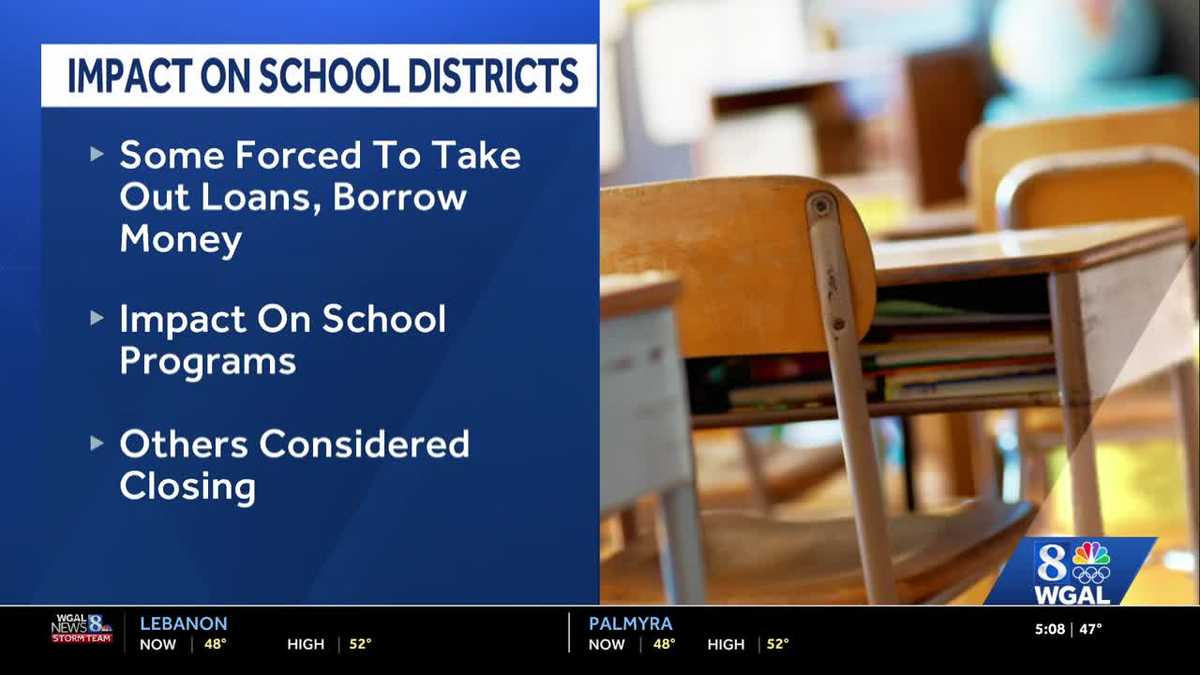Gov. Josh Shapiro signed the state budget in Harrisburg on Wednesday, adding $900 million to public schools and introducing a new “adequacy” formula to address funding disparities. The plan includes $565 million distributed through this formula, designed to close the gap between well-funded schools and those struggling following a court ruling last year that found the previous system unfair to lower-income districts.Advocates say the budget delay forced some districts to borrow money to keep operations running, impacting programs and leading some to consider closing due to a lack of funds. “I’m glad and I’m appreciative that they were getting it now,” one advocate said. “But what I can’t understand and I’ll never understand this in my entire life: Why can’t they sit down and work this out for the kids? This is for kids. We’re educating kids. Yes, sure, we’re part of it. Teachers get paid, administrators get paid. But this is our future. This is kids, and no kids should be put at any disadvantage because of the ZIP code and where they live, ” Dr. Edward Albert, executive director of the Pennsylvania Association of Rural and Small Schools. Albert also noted the difficulty in hiring teachers for subjects like chemistry, biology and Spanish due to past funding issues. With the new budget, districts may finally have the opportunity to hire teachers for foreign languages and other subjects they previously could not offer.Advocates are hoping that the funds will be distributed within the next few weeks, hopefully before Thanksgiving.
HARRISBURG, Pa. —
Gov. Josh Shapiro signed the state budget in Harrisburg on Wednesday, adding $900 million to public schools and introducing a new “adequacy” formula to address funding disparities.
The plan includes $565 million distributed through this formula, designed to close the gap between well-funded schools and those struggling following a court ruling last year that found the previous system unfair to lower-income districts.
Advocates say the budget delay forced some districts to borrow money to keep operations running, impacting programs and leading some to consider closing due to a lack of funds.
“I’m glad and I’m appreciative that they were getting it now,” one advocate said. “But what I can’t understand and I’ll never understand this in my entire life: Why can’t they sit down and work this out for the kids? This is for kids. We’re educating kids. Yes, sure, we’re part of it. Teachers get paid, administrators get paid. But this is our future. This is kids, and no kids should be put at any disadvantage because of the ZIP code and where they live, ” Dr. Edward Albert, executive director of the Pennsylvania Association of Rural and Small Schools.
Albert also noted the difficulty in hiring teachers for subjects like chemistry, biology and Spanish due to past funding issues.
With the new budget, districts may finally have the opportunity to hire teachers for foreign languages and other subjects they previously could not offer.
Advocates are hoping that the funds will be distributed within the next few weeks, hopefully before Thanksgiving.

